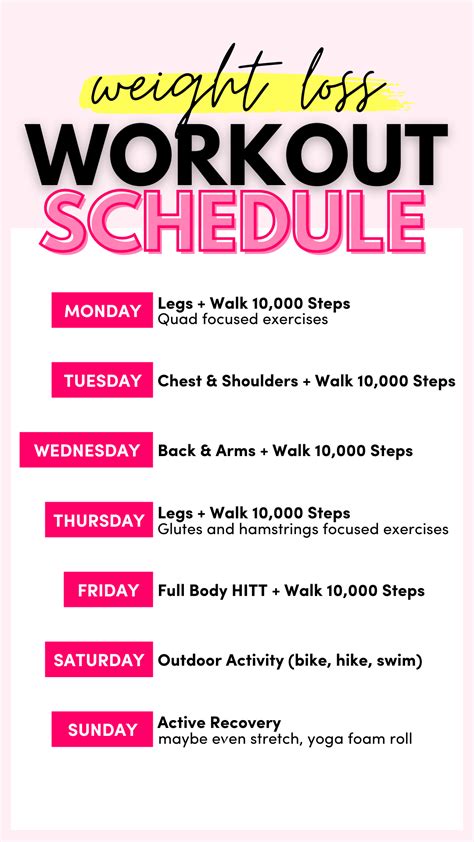999: For Emergencies
999 is the emergency number for the police, fire, and ambulance services in the United Kingdom. It should only be used in the event of a genuine emergency, such as:

- A life-threatening situation
- A crime in progress
- A fire
- A road accident
101: For Non-Emergencies
101 is the non-emergency number for the police in the United Kingdom. It should be used to report any incident that is not an emergency, such as:
- Anti-social behavior
- Lost or stolen property
- Minor traffic collisions
- Noise complaints
When to Call 999 or 101
It can be difficult to know whether to call 999 or 101 in some situations. Here are some guidelines:
- If you are unsure whether the situation is an emergency, it is always best to call 999.
- If you are reporting a crime that has already happened, you should call 101.
- If you are reporting a crime that is in progress, you should call 999.
- If you are reporting a road accident, you should call 999 if there are any injuries. If there are no injuries, you should call 101.
How to Call 999 or 101
To call 999 or 101, simply dial the number on your phone. You will be connected to a call handler who will ask you for some basic information, such as your name, address, and the nature of the incident.
The call handler will then transfer you to the appropriate service. If you are calling 999, you will be connected to the emergency services dispatcher. If you are calling 101, you will be connected to the non-emergency police call center.
What to Expect When You Call 999 or 101
When you call 999 or 101, you can expect to:
- Be asked for some basic information, such as your name, address, and the nature of the incident.
- Be transferred to the appropriate service.
- Be asked to provide further details about the incident.
- Be given advice on what to do next.
Tips for Calling 999 or 101
Here are some tips for calling 999 or 101:
- Stay calm and clear when you are speaking to the call handler.
- Be prepared to provide as much information as possible about the incident.
- Listen carefully to the instructions given by the call handler.
- If you are calling from a mobile phone, make sure you are in a safe place before dialing 999 or 101.
- If you are deaf or hard of hearing, you can use the following services:
- Textphone: 18000
- Typetalk: 18001
- Relay UK: 18002
- Minicom: 18003
Conclusion
It is important to know how to call the police non-emergency (101) and when to call the police emergency (999). By following the guidelines in this article, you can help to ensure that you get the help you need in the event of an emergency or non-emergency situation.
Additional Information
In addition to the information provided in this article, you may also find the following resources helpful:
Tables
The following tables provide additional information on calling the police non-emergency (101) and emergency (999) numbers.
| Category | Number | Description |
|---|---|---|
| Emergency | 999 | For life-threatening situations, crimes in progress, fires, and road accidents |
| Non-Emergency | 101 | For anti-social behavior, lost or stolen property, minor traffic collisions, and noise complaints |
| Service | Number | Description |
|---|---|---|
| Emergency services dispatcher | 999 | Connects callers to the appropriate emergency service |
| Non-emergency police call center | 101 | Connects callers to the non-emergency police |
| Disability | Service | Number |
|---|---|---|
| Deaf or hard of hearing | Textphone | 18000 |
| Deaf or hard of hearing | Typetalk | 18001 |
| Deaf or hard of hearing | Relay UK | 18002 |
| Deaf or hard of hearing | Minicom | 18003 |
| Age | Number | Description |
|---|---|---|
| Children and young people | Childline | 0800 1111 |
| Older people | Age UK | 0800 169 6565 |
















